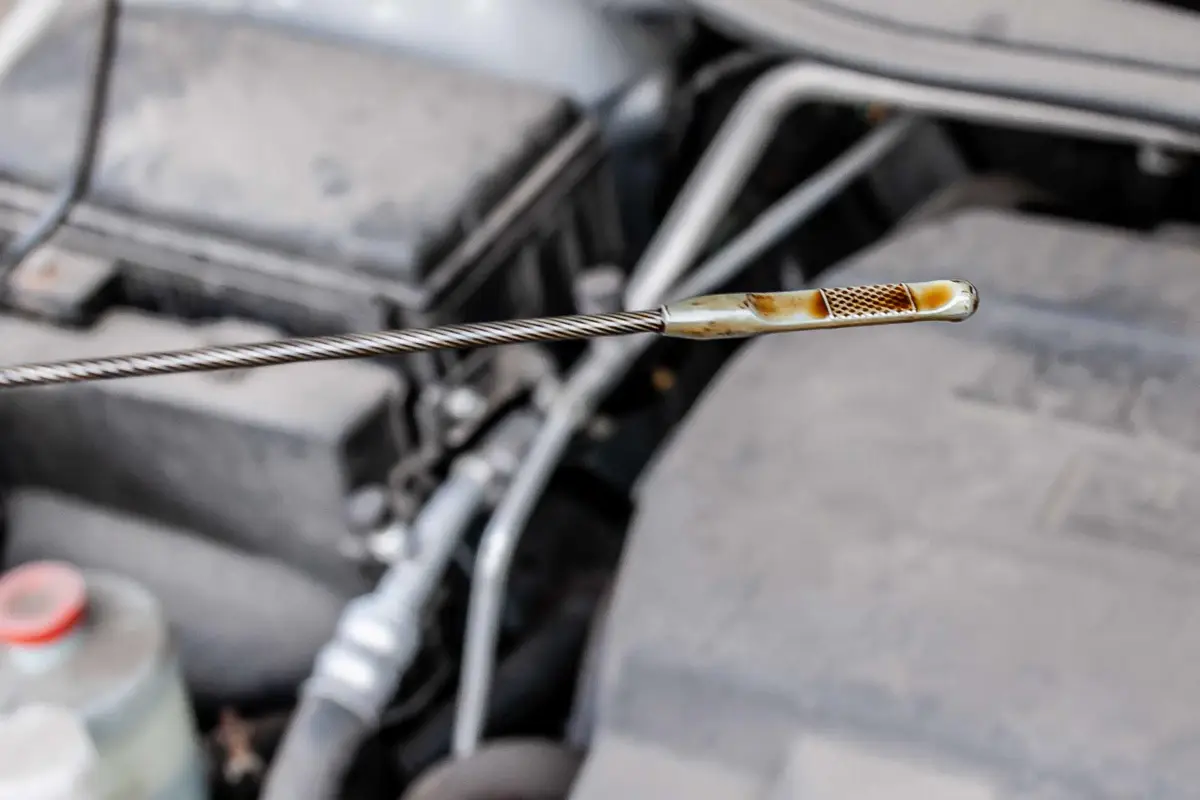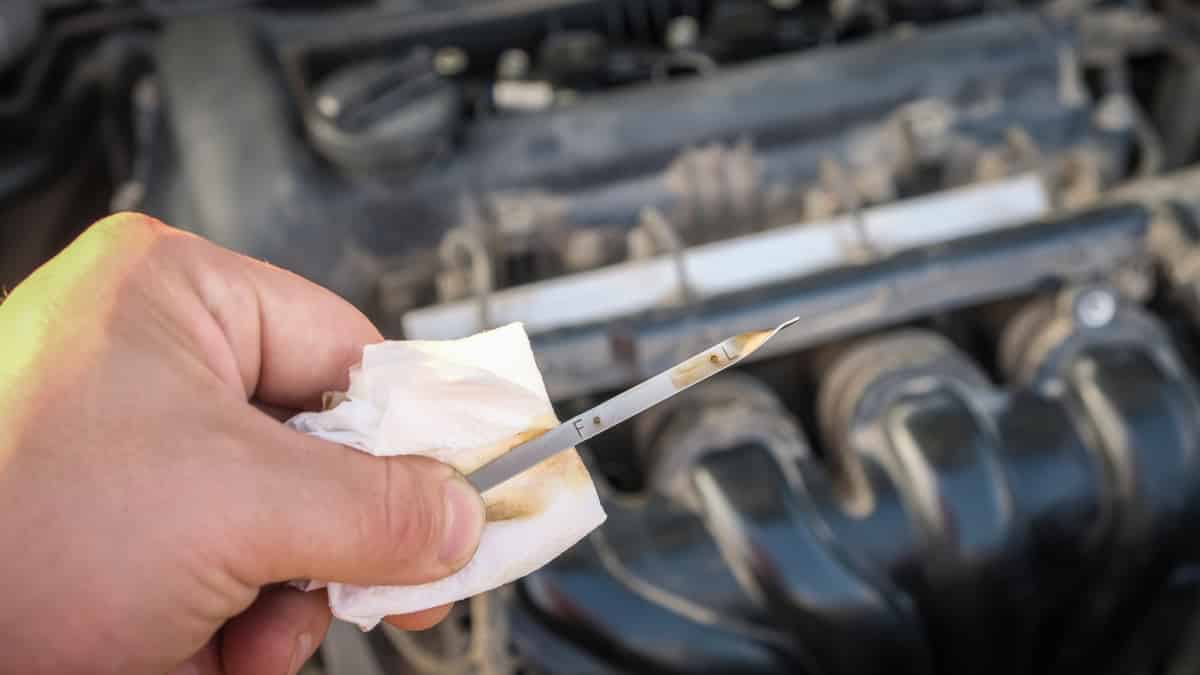The How To Check if your Engine oil Needs Changing Diaries
The How To Check if your Engine oil Needs Changing Diaries
Blog Article

Table of Contents
- The Importance of Checking Your Engine Oil Is Crucial
- Steps for Checking Your Engine Oil
- Alerts That Your Engine Oil Needs Changing
- Exploring the Right Type of Engine Oil for Your Vehicle
- Real-Life Testimonials on Regular Engine Oil Checks
Grasping the Vital Role of Engine Oil in Your Vehicle's Health
Keeping an eye on your vehicle's Engine Oil is pivotal to maintaining its performance.
A properly lubricated engine reduces friction, which minimizing wear and extending the life of your engine.
Regular checks inform you to emerging issues before them becoming major problems.
It preserves you money on repairs and guarantees your vehicle functions at optimal efficiency.
Overlooking this simple step can lead to costly repairs and reduced vehicle efficiency.
Thus, knowing How To Check if your Engine Oil Needs Changing is vital for all vehicle owners.
Teaching yourself on this can significantly affect the well-being of your vehicle.
How To for Checking Your Engine Oil
Checking your Engine Oil is a straightforward process that should be performed regularly:
- Make sure your vehicle is on a level surface and the engine is cool.
- Open the hood and locate the Engine Oil dipstick.
- Pull the dipstick out, clean it, and then reinsert it fully.
- Remove the dipstick again and observe the oil level and its color.
- Inspect the consistency of the oil for any particles or grit.
These steps aid in determining whether your Engine Oil needs changing.
"Regularly checking your Engine Oil is more than just a maintenance task; it's a preventative measure to ensure the longevity and efficiency of your vehicle."
Identifying the Telltale Signs Your Engine Oil Needs Changing
There are several indicators that signal your Engine Oil needs to be changed:
- The oil appears thick and sludgy, not amber and clear.
- You notice a burnt odor coming from the engine area.
- The engine sounds louder than usual, indicating increased friction.
- Oil level decreases faster than normal, suggesting possible leaks.
- Your vehicle's mileage deteriorates, affecting fuel efficiency.
These signs emphasize the importance of regular Engine Oil checks.
Picking the Appropriate Engine Oil for Your Vehicle
Selecting the proper Engine Oil is vital for your vehicle's performance.
There are various types of oils, including synthetic, semi-synthetic, and conventional, each designed for specific engine types.
Knowing your vehicle’s specifications and the pros and disadvantages of each oil type helps in making an informed decision.
Consulting a professional or referring to your vehicle's manual can provide guidance on the here ideal oil.
The proper Engine Oil not only extends the life of your engine but also boosts its performance.
"After faithfully checking and changing my Engine Oil based on advice I received, I've noticed a remarkable improvement in my vehicle's performance.
The engine runs more smoothly, and my fuel efficiency has enhanced.
This simple routine has spared me from expensive repairs and extended the life of my car.
I can't stress enough the value of regular Engine Oil checks and changes for any vehicle owner."

Report this page